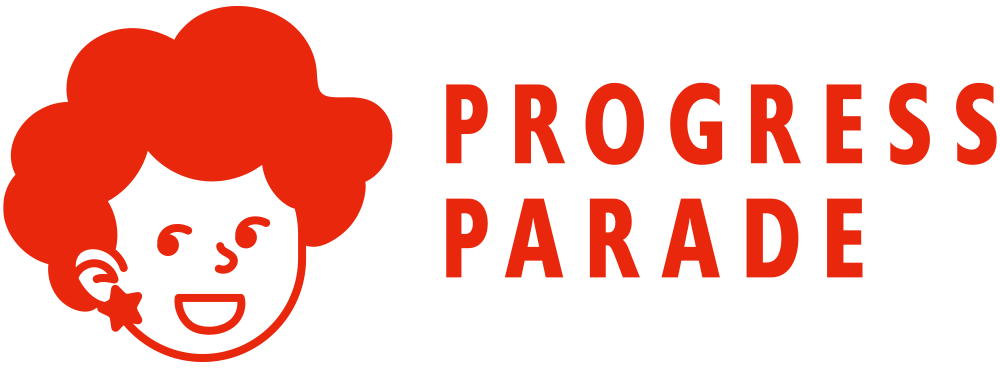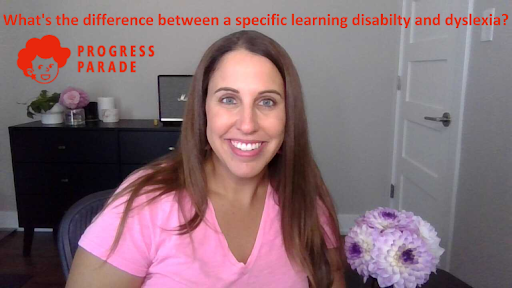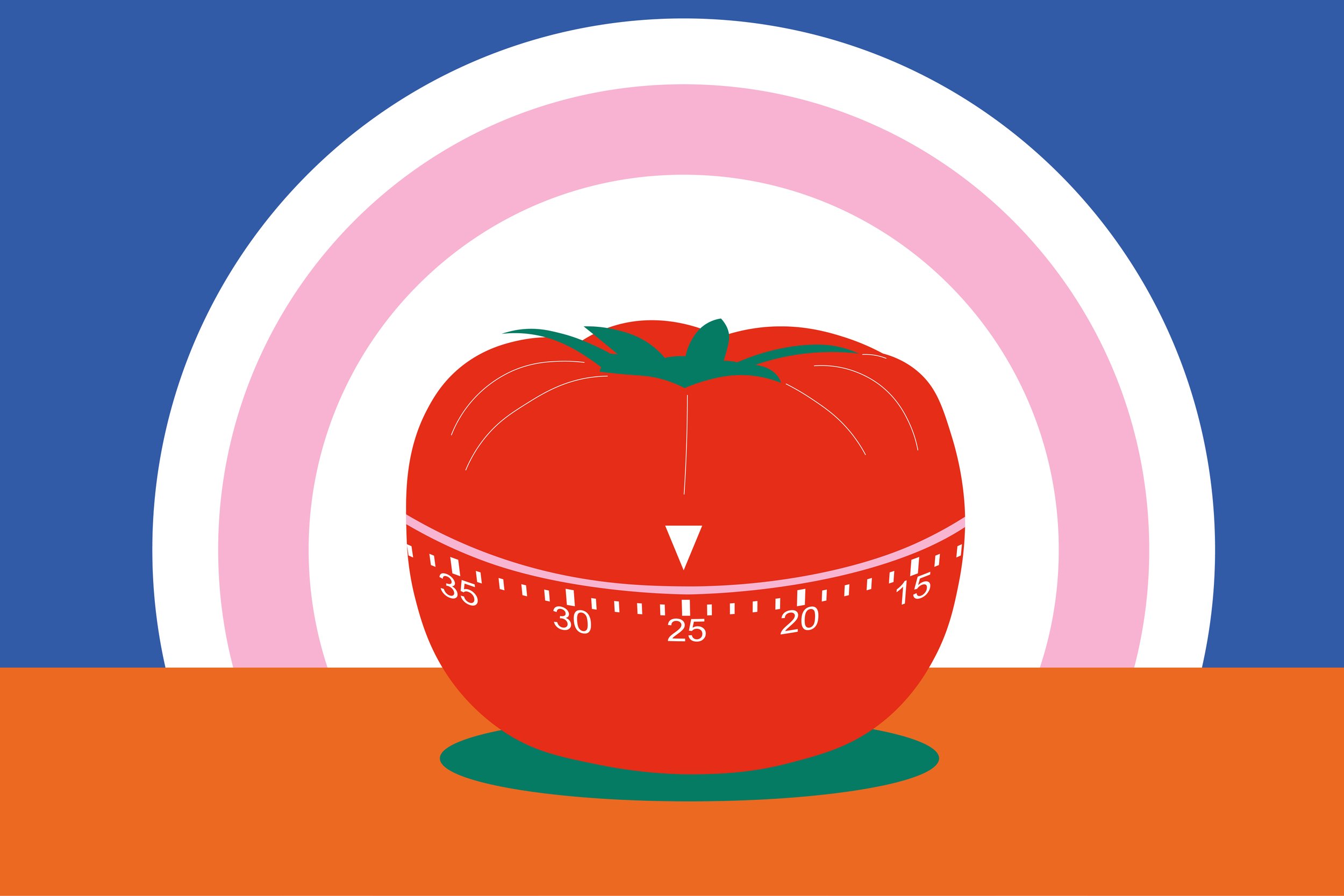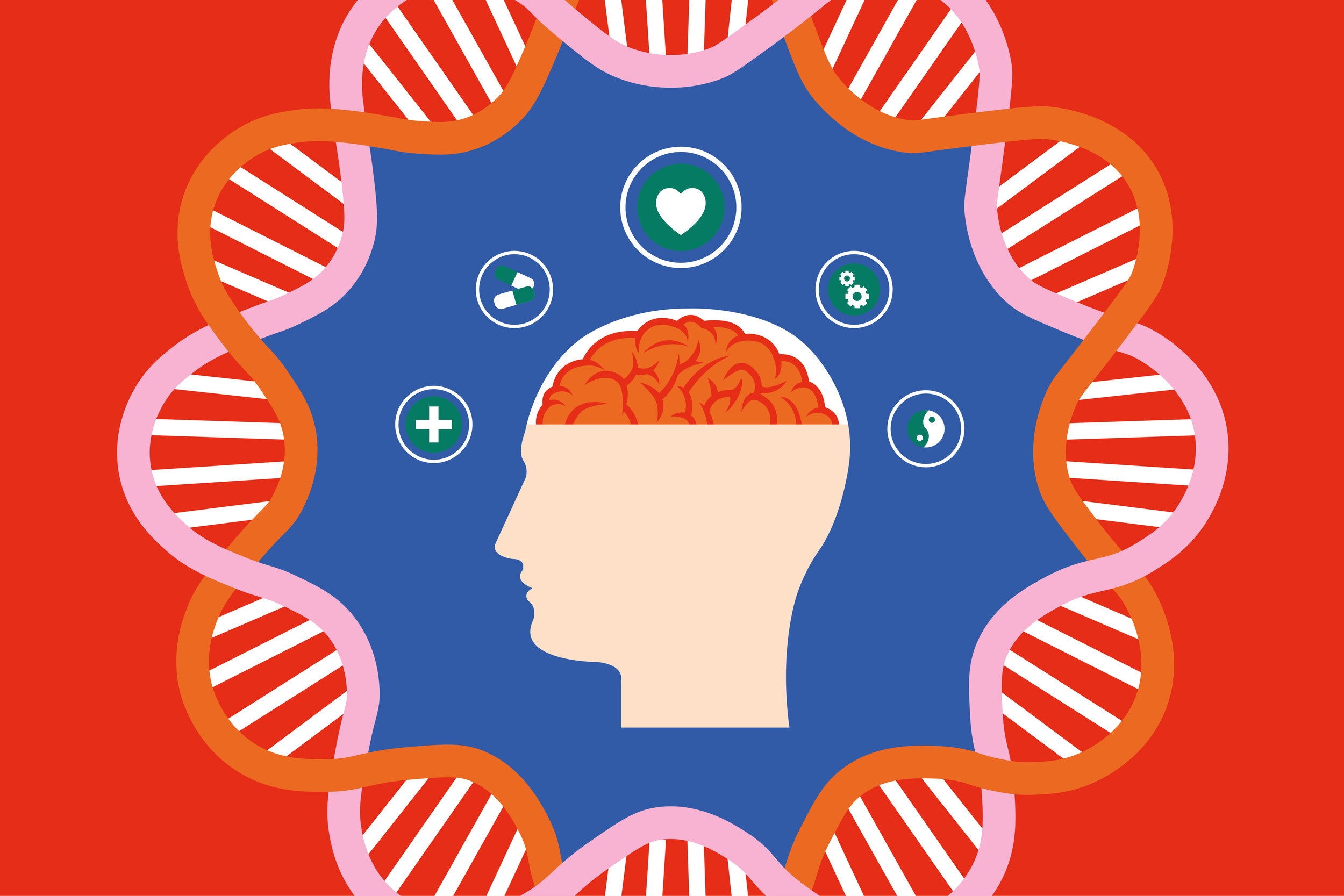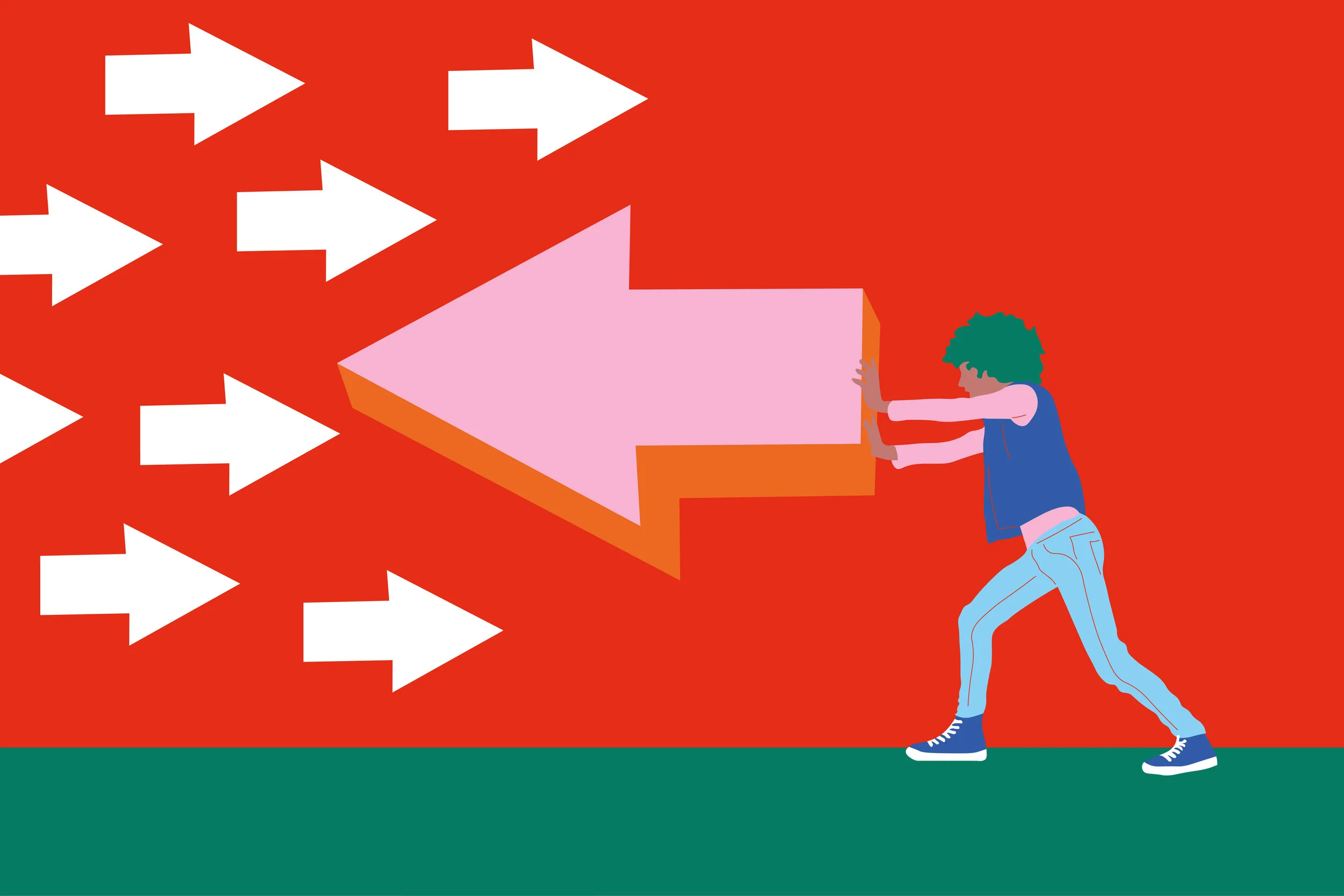What is the difference between a specific learning disability in reading and dyslexia?
What is the difference between specific learning disability in reading and dyslexia?
Transcript
Today, we're going to be discussing a really common question. What is the difference between a specific learning disability in reading and dyslexia? Now, before we discuss that question, I want to take a really quick moment to introduce myself. I'm Laura Reber. I'm a school psychologist, and I'm also the founder of Progress Parade. Now we here at Progress Parade, we provide one-on-one special education, tutoring to students with dyslexia and learning disabilities. And we also provide educational therapy to those students as well. So I've been involved both in diagnosing learning disabilities as a school psychologist and in treating learning disabilities as the owner of a tutoring company. So definitely know a lot about this topic, so you can trust the information I'm about ready to give you. So the question, what is the difference between a specific learning disability and reading and dyslexia, spoiler alert, sorry, for any disappointment, there really isn't a difference between the two, the main difference if there really is one is the origin of the diagnosis or where you got the diagnosis.
So dyslexia is something that's mentioned in the DSM-V, the DSM quick acronym, ABC soup thing is the Diagnostic and Statistical Manual of Mental Disorders, the fifth edition. So the DSM is basically what medical professionals use to make these diagnoses. So people like doctors and psychiatrists are going to rely on the DSM to help make a diagnosis of a specific learning disorder in reading or dyslexia. That term is not used in the school setting. So the criteria or the name that the schools usually use is specific learning disability in reading. So probably if you go to a school team, you're going to hear specific learning disability after their evaluation, if your student has this challenge. If you go to a psychiatrist or a doctor, you are more likely to hear specific learning disorder in reading or dyslexia.
In all cases, it basically means that your student is struggling with reading that your student likely needs support in something like one-on-one tutoring or support at school to help get them caught up in reading to help turn that learning challenge into a life changing achievement. So the treatment's really going to be the same in either case. No, I'm not saying all students with learning disorders or all students with dyslexia have the same treatment. That is not what I'm saying. What I'm saying is for your specific student, whether they get the diagnosis of specific learning disorder or whether they get the diagnosis of dyslexia, the treatment that they need is going to be the same. So really just flagging that they have a learning challenge in reading and that we need to do something about it. So if that describes your student, don't get too hung up on the specific, the specific learning challenge name. I guess, you could say it doesn't matter kind of what it's called. It really just means that the student needs extra support. And that's what we do here at Progress Parade. We don't view labels as definitions of kids. They're really just descriptions of what your student needs. So we would love to hear more about the diagnosis, the background, any questions that you've got. So feel free to visit us at progressparade.com and click that book of free consultation. And so that we can start learning more about your student, can answer any further questions you might have about the diagnosis that your student has, and also get them connected with their perfect specialists so that we can start building that resilience and start, as we do here at Progress Parade, turning that learning challenge into a life changing achievement. Hope to talk to you soon, and thanks so much for listening.
If if you’re interested in tutoring for learning disabilities or educational therapy, please get in contact with us!
